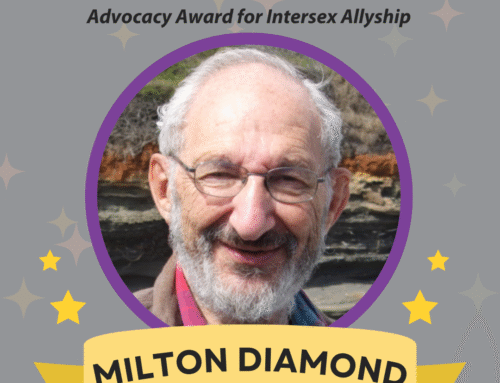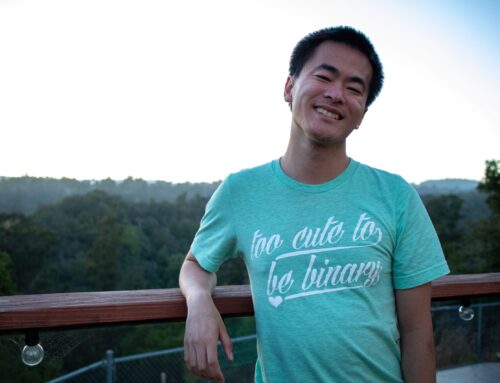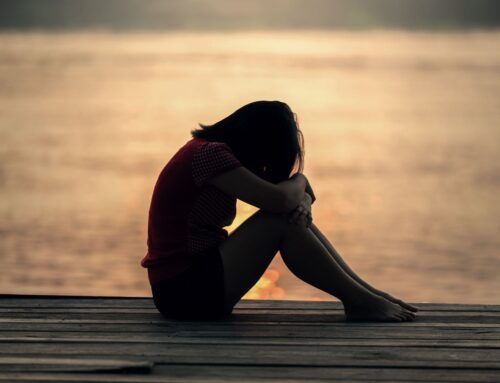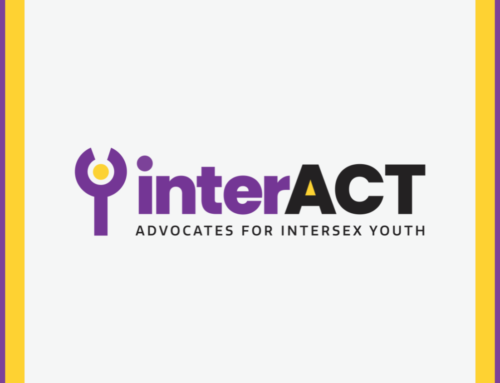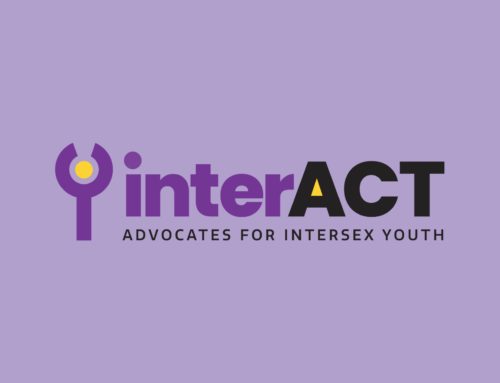By Sean Saifa Wall, Co-Chair, Advocates for Informed Choice and Dr. Susana Morris, member of the Crunk Feminist Collective
On March 26th, 2013 in Sapele, the Delta State of Nigeria, Pastor Henry Enuta was physically stripped and humiliated in public because he is an intersex person. According to news reports, he was almost killed by a lynch mob before being taken into custody by police. Most of the headlines covering this story grossly refer to Mr. Enuta as a “hermaphrodite” because he has genitals that are characteristically male and female. To sensationalize this story and humiliate Mr. Enuta even more, media outlets have published pictures of him bare chested and with torn clothes, holding onto his dignity while passers-by capture pictures of him with their mobile phones.
When I saw this story, I was horrified at how Mr. Enuta’s humanity was reduced to a mockery simply because his body did not conform to narrow standards of what a man’s body should be. For him to be forcibly stripped with no one to offer him clothes or rescue was atrocious. I was doubly astounded at how members of his community sought to kill him for the mere fact that he was different and considered some kind of freak. Nevertheless, given that this incident has taken place in Nigeria, I want to be very aware of my position as an African American queer intersex man living in the United States. People with intersex conditions living in the United States are just as vulnerable as intersex people living abroad. The medicalized and state sanctioned violence that impacts intersex people living in the United States is a pervasive, isolating, and silencing kind of violence that recreates stigma and shame.
In speaking out against this act, my goal is not to impose a critical, patronizing gaze on how people in Nigeria should respond to queerness or difference. Considering how the United States and Europe have responded to legislation that seeks to punish, kill, and “reform” queer people in Uganda, for example, I find myself both wanting to fight for the sovereignty of Black African nations and also asking those same nations to uphold the humanity and dignity of their queer and sexually differentiated citizens. Those of us committed to the upholding the dignity and respect of intersex people around the world must be willing to do the hard work of both checking our biases and privileges while also continuing to advocate for justice wherever injustice occurs.
We have witnessed a hazing similar to Henry Enuta’s experience on an international stage before with Olympic runner, Caster Semenya. A gold and silver medalist hailing from South Africa, Caster’s glory was shrouded by “genetic testing” to prove whether she was a “man” or a “woman,” since having XY chromosomes as a female athlete would give her an “unfair” advantage. Although we as a society should have used Ms. Semenya’s experience as an opportunity for education and reflection about gender identity and sexual differentiation in human beings, we instead responded with slander and ignorance toward a young Black South African whose goal was to compete in an international arena. What does Caster Semenya have to do with Henry Enuta? Simply put, both of their experiences reflect two cases of intersex African people whose reception in the media did nothing but reinforce our perceptions of intersex people as “freaks” and as “other.” I also bring Caster Semenya into this conversation because this freakish display and exploitation of African bodies is not unlike the colonial exploitation of Sarah Baartman, also known as the “Hottentot Venus,” a Khoi woman from Southern Africa who was toured around Europe as a spectacle because of her “enlarged” labia and “oversized” buttocks. Just as Sarah Baartman did not deserve this violation, neither do Caster Semenya or Henry Enuta deserve to be so unfairly and violently treated. It is critical that those of us fighting for intersex rights speak out against the public humiliation and violence perpetrated against these individuals.
In light of the U.N. Report on Torture in Health Care that includes intersex infants as a vulnerable population, I ask that we as a global community respect and uphold the integrity of intersex people wherever they work, live, play, and worship. I also ask that we continue to examine how racism and other forms of oppression lend themselves to the way we depict intersex people of color in the media. Given those requests, I hope that those responsible for the ill treatment of Mr. Enuta are held accountable by their community members, and that future coverage of this case respects Mr. Enuta’s dignity and person. As members of the movement to end violence and stigmatization of intersex people we must continue to stand united against injustice, while also moving forward in creating a world safe for all people.


